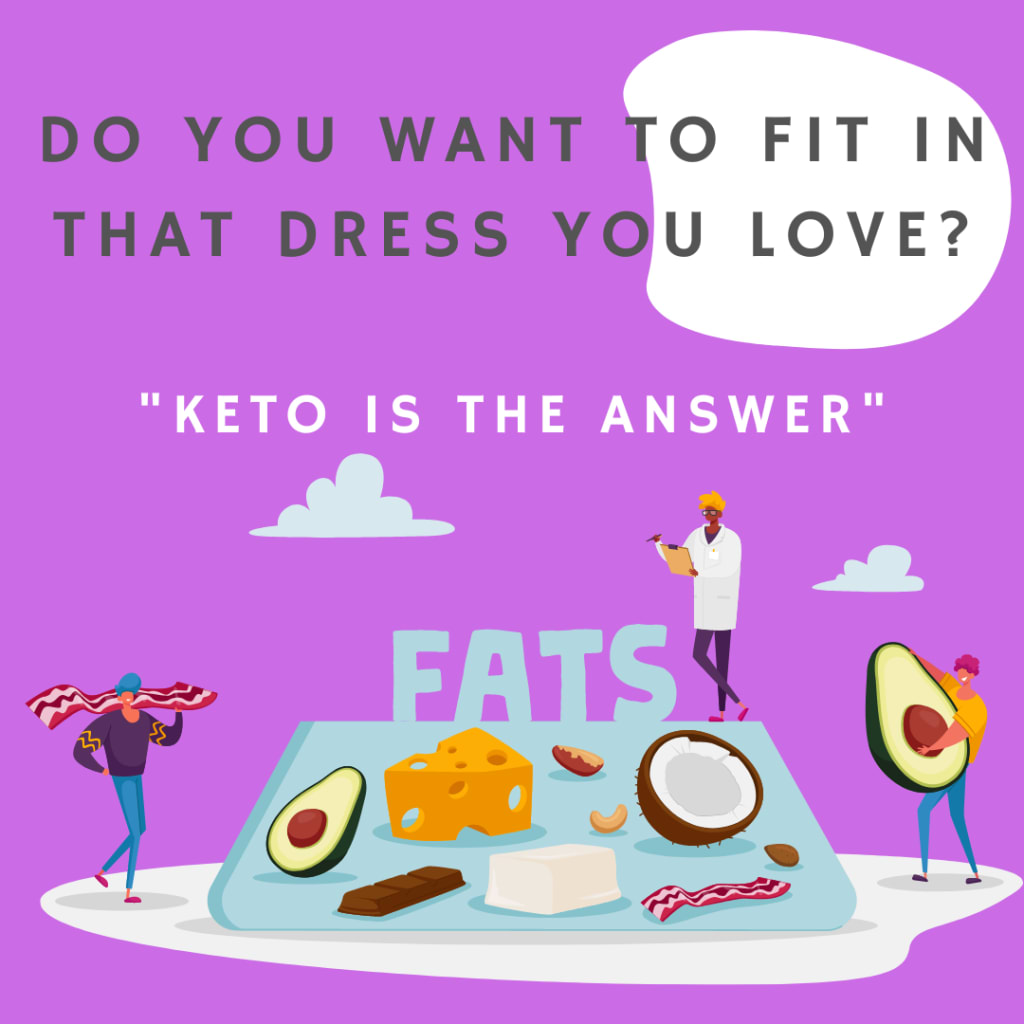
The ketogenic diet, commonly referred to as the keto diet, is a popular low-carbohydrate, high-fat diet that has gained significant attention in recent years. The keto diet has been touted as an effective way to lose weight, improve overall health, and even manage some medical conditions. If you're new to the keto diet, here's what you need to know.
What is the Keto Diet?
The keto diet is a high-fat, low-carbohydrate, and moderate-protein diet that aims to put the body into a state of ketosis. Ketosis is a metabolic state where the body uses fat as its primary source of fuel instead of glucose (sugar). When following the keto diet, your daily macronutrient intake typically consists of 70% to 75% fat, 20% to 25% protein, and 5% to 10% carbohydrates.
How Does the Keto Diet Work?
The keto diet works by drastically reducing carbohydrate intake and replacing it with healthy fats. When you consume fewer carbohydrates, your body uses up its stored glucose (sugar) reserves and then starts breaking down fats for energy, which results in weight loss. The diet also helps to stabilize blood sugar levels and improve insulin sensitivity, making it beneficial for those with type 2 diabetes.
What Can You Eat on the Keto Diet?
The keto diet primarily consists of healthy fats, moderate amounts of protein, and low-carbohydrate vegetables. Some common foods that are allowed on the keto diet include:
• Fatty meats (such as beef, pork, and chicken)
• Fish and seafood
• High-fat dairy products (such as butter, cheese, and heavy cream)
• Nuts and seeds (such as almonds, macadamia nuts, and chia seeds)
• Low-carbohydrate vegetables (such as broccoli, cauliflower, and spinach)
• Healthy fats (such as olive oil, coconut oil, and avocado)
What Foods Should You Avoid on the Keto Diet?
To achieve and maintain ketosis, you must avoid foods that are high in carbohydrates. Some foods that you should avoid on the keto diet include:
• Sugary foods (such as candy, soda, and juice)
• Grains (such as bread, pasta, and rice)
• Fruit (except for small amounts of berries)
• Starchy vegetables (such as potatoes and corn)
• Processed foods (such as chips and crackers)
• High-carbohydrate condiments (such as ketchup and barbecue sauce)
Is the Keto Diet Safe?
The keto diet is generally considered safe for most people, but it may not be suitable for everyone. People with certain medical conditions, such as pancreatic disease, liver conditions, or gallbladder disease, should avoid the keto diet. Pregnant or breastfeeding women and individuals with a history of disordered eating should also avoid the keto diet.
It's important to note that the keto diet can cause some side effects, such as constipation, bad breath, and fatigue, during the initial stages of adaptation. However, these side effects typically resolve within a few weeks as your body adjusts to the diet.
Final Thoughts
The keto diet can be an effective way to lose weight, improve overall health, and manage certain medical conditions. However, it's essential to understand the basics of the diet before starting. Speak with a healthcare provider or a registered dietitian to determine whether the keto diet is right for you and to develop an individualized plan that meets your nutritional needs.
About the Creator
Hibbah Asif
Hello






Comments
There are no comments for this story
Be the first to respond and start the conversation.